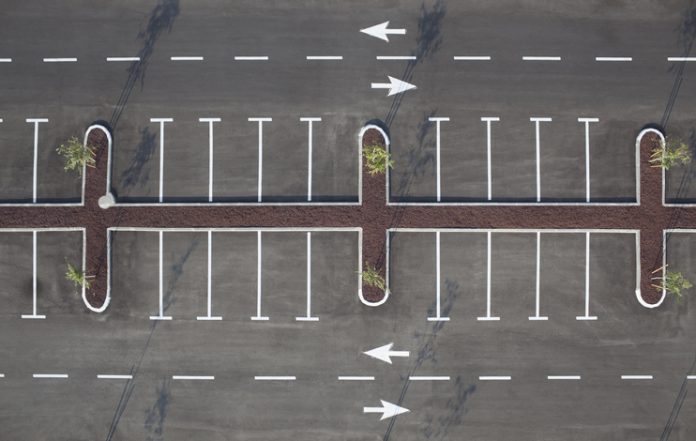
The hospitality industry has been gravely affected by the COVID-19 pandemic. By May, 70 percent of hotel rooms across the country were sitting empty and hotels had lost over $21 billion in revenue. Although regulations are slowly being lifted and more businesses are opening, many believe that the hotel industry will take the longest to recover. With room revenue as the primary source of income for hotels, many are wondering how they can weather the storm with occupancy levels so low.
Seeking Alternate Revenue Streams
Hoteliers need to ensure that they are looking towards long-term revenue strategies to keep their businesses afloat. In most properties, the assets that take up the most space are guestrooms and parking. With fewer guests, there are more parking spaces sitting empty. For hotels in prime locations—near airports, in downtown cores, or near business districts—renting out vacant parking spots—for instance, to car rental companies—can help properties generate revenue.
How It Works
Car rental companies often have more vehicles than they do parking spaces since the majority of their fleets are in use during normal times. A 70-90 percent reduction in business for the car rental, rideshare, and carshare industries in the months following lockdown orders created a need for additional spaces to park idle cars. Hotels near airports are in exactly the right place to offer bulk parking spots at reduced rates for additional revenue. Since air travel is unlikely to return to normal levels any time soon, there’s a good chance that rental car companies will continue to have additional, unused cars that they will need to store. Hotels near airports can reap the benefits as a parking solutions provider.
For hotels located in business or commercial districts, empty parking spaces are prime real estate. The costs associated with having space for parking in high-density areas can be expensive but it directly impacts the potential rental price. In larger cities, commuters coming into the city center often need to find a space near work, especially today when many are electing to drive rather than take public transit. Hotels can rent empty parking spaces on a monthly basis. Even at reduced rates compared to other parking options, the revenue generated from these spaces could be substantial.
The key to these solutions is flexibility. As people begin re-entering workplaces, many aspects remain unknown. How many days will employees be in the office? Will a second wave of the virus force businesses to close again? How long will this last? For the next year or so, as people struggle to understand the implications of returning to work, flexible approaches towards parking space rentals will be necessary. Hotels can offer space sharing, where part-time commuters share parking spots with other commuters and only rent them for the days that they are in the office, and flexible leases, where spaces can be rented on a month-by-month basis instead of on a yearly contract.
Getting Started
There’s no single way for hoteliers to regain the business lost as a result of the pandemic, but thinking creatively about the resources and assets at their disposal can help. Using parking space rentals to increase cash flow can support longer-term strategies. Hotel rooms are typically booked for a night or two, while parking spaces can be reserved for months at a time, allowing hotels to have a more secure source of revenue. Alternate streams of revenue can help hoteliers on their path to recovery.











